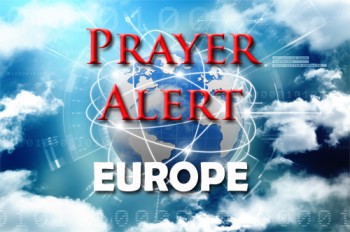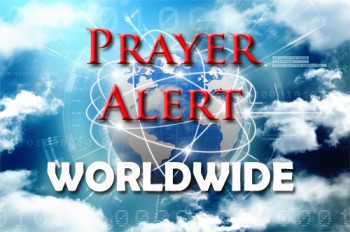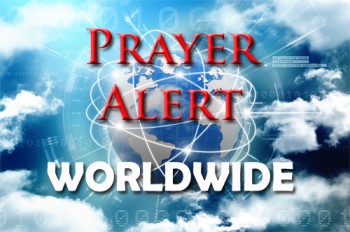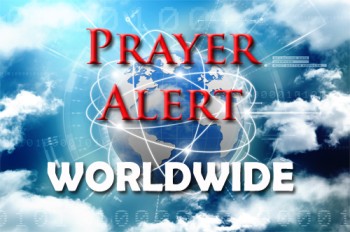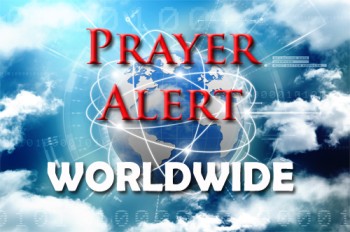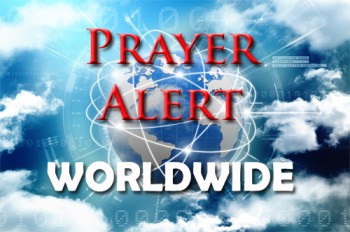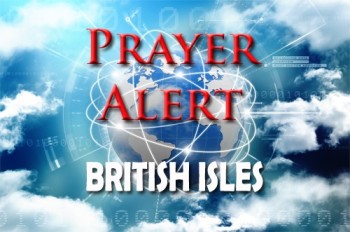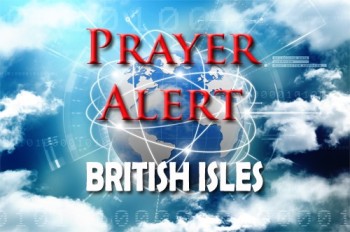Portugal: voter frustration as another election is called
Voters in Portugal are growing frustrated as another snap election looms, with little hope for stability. Prime minister Luis Montenegro’s centre-right government collapsed after losing a confidence motion, forcing the president to call a new parliamentary election, probably in May. This will be the third election in three years. Many believe the political elite have failed for decades and fear worsening instability. One political analyst has warned the election may produce another inconclusive result, leading to continued uncertainty. Opinion polls show the centre-left Socialists and Montenegro’s Democratic Alliance (AD) in a deadlock at around 30%. While the political right holds a majority, AD refuses to work with the far-right Chega party. Voter discontent is high, with concerns about low turnout. Montenegro denies wrongdoing after his business dealings triggered the crisis. Meanwhile, citizens fear government inaction will further harm the nation.
Syria: entire families killed in sectarian violence
The UN human rights office reports that at least 111 civilians, including entire families, were killed in recent violence in Syria’s coastal region, though the true toll is probably much higher. Predominantly Alawite towns (most Alawites were supporters of the overthrown president Bashar al-Assad) were targeted in apparent sectarian attacks, following an ambush on 7 March which killed thirteen security personnel. Alawite gunmen retaliated by storming villages, executing civilians, looting, and even attacking hospitals. The UN verified the deaths of 90 men, 18 women, and three children: however, one monitoring group has said that 1,225 civilians, most of them Alawites, have been killed.This marks the worst violence since Assad was ousted in December, ending a 13-year civil war which claimed 600,000 lives. The UN has urged thorough investigations, while Syria’s new government has pledged accountability. An independent committee is gathering evidence to bring perpetrators to justice.
Canada: new PM willing to negotiate with Trump if sovereignty respected
Mark Carney, prime minister-designate, has expressed willingness to renegotiate a trade deal with Donald Trump, provided Canadian sovereignty is respected. His remarks came as Canada imposed C$29.8 billion (£16 billion) in retaliatory tariffs on US imports after Trump enacted 25% tariffs on steel and aluminium. Trump has justified the move as a national security measure, aiming to bolster domestic industries. However, Carney condemned the tariffs as ‘unjustified’, warning of economic instability. Canada, the largest foreign supplier of these metals to the USA, is heavily impacted. Ottawa’s retaliatory tariffs include steel, aluminium, and other goods, with more measures set to take effect. The Bank of Canada has cut interest rates to 2.75% to cushion the economic fallout. Meanwhile, the EU has taken strong retaliatory measures against Trump’s tariffs coming into effect: see
Bangladesh: priorities for interim leader
Bangladesh’s interim leader, Nobel laureate Muhammad Yunus, admits he was ‘dazzled’ when unexpectedly asked to take charge after Sheikh Hasina was ousted last year. Yunus, who returned to lead the country following a student-led uprising, prioritises restoring order and fixing the economy, which he describes as ‘devastated’. He plans to hold elections between December 2025 and March 2026, contingent on necessary reforms. Meanwhile, Hasina remains in exile in India, wanted in Bangladesh for alleged crimes against humanity. Amid ongoing unrest, critics accuse Yunus’s government of failing to ensure security for her Awami League members, some of whose homes have been vandalised. The interim government faces additional challenges after the Trump administration cut US foreign aid (last year it received $450 million). There are concerns about Bangladesh’s economic and political future: the nation, once hailed for its progress, is now struggling to regain stability under its new leadership.

